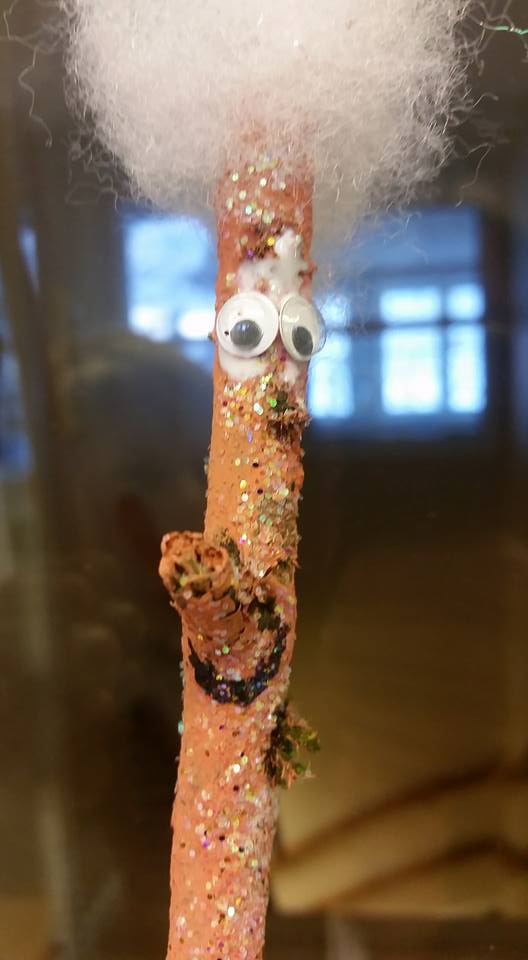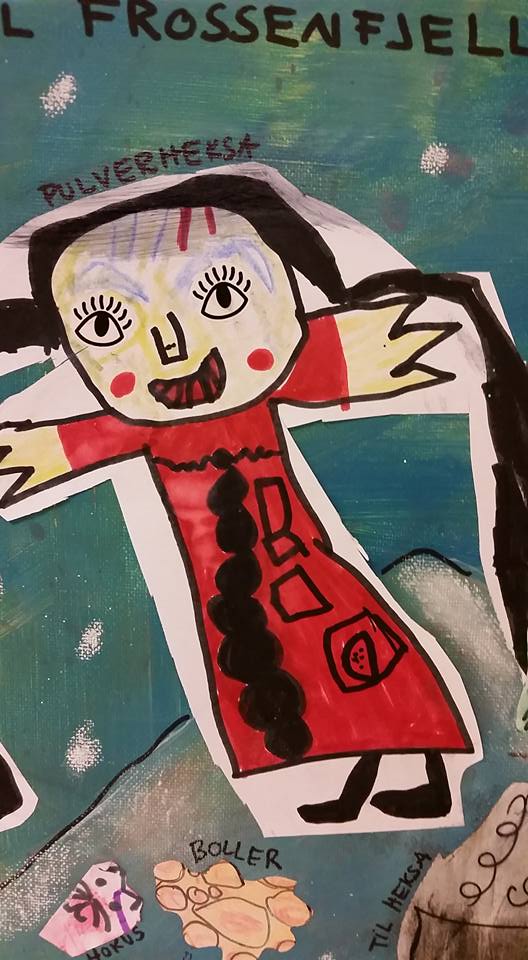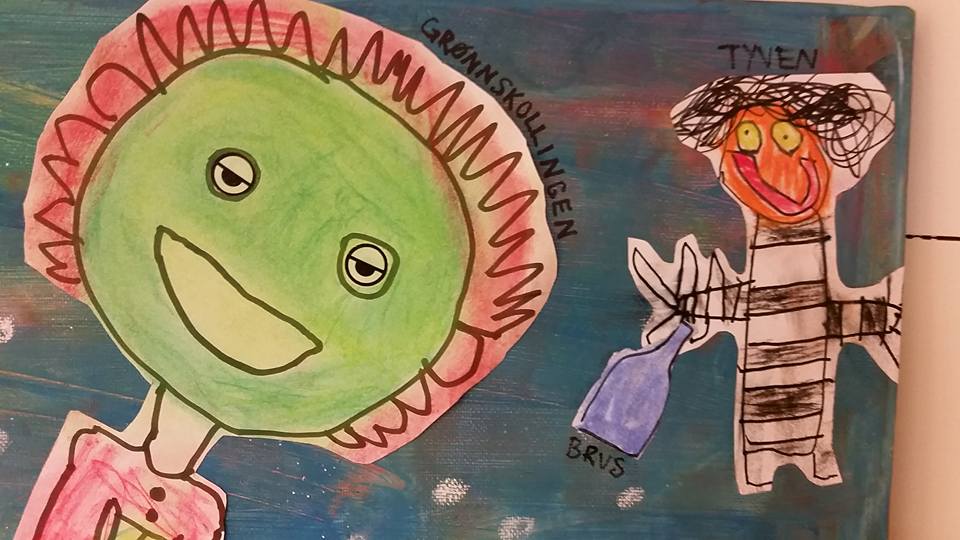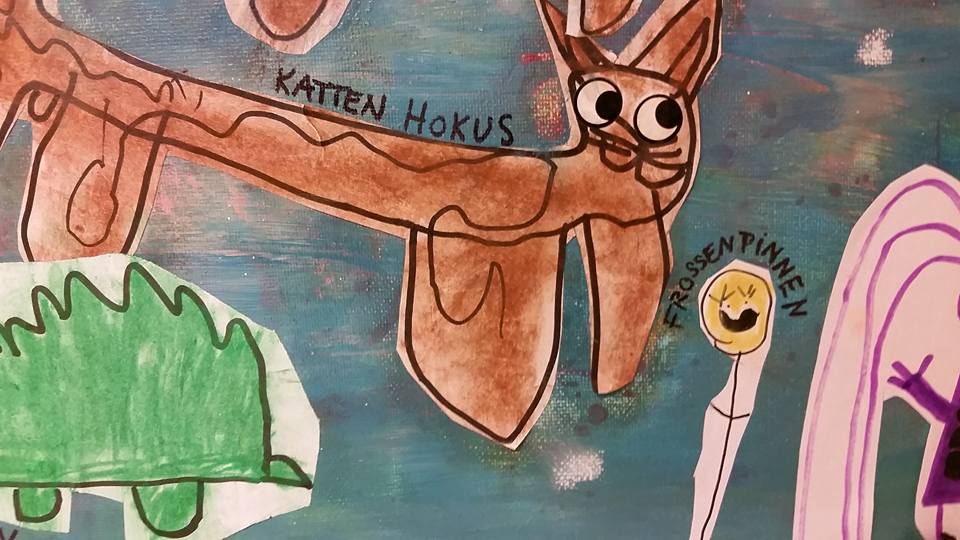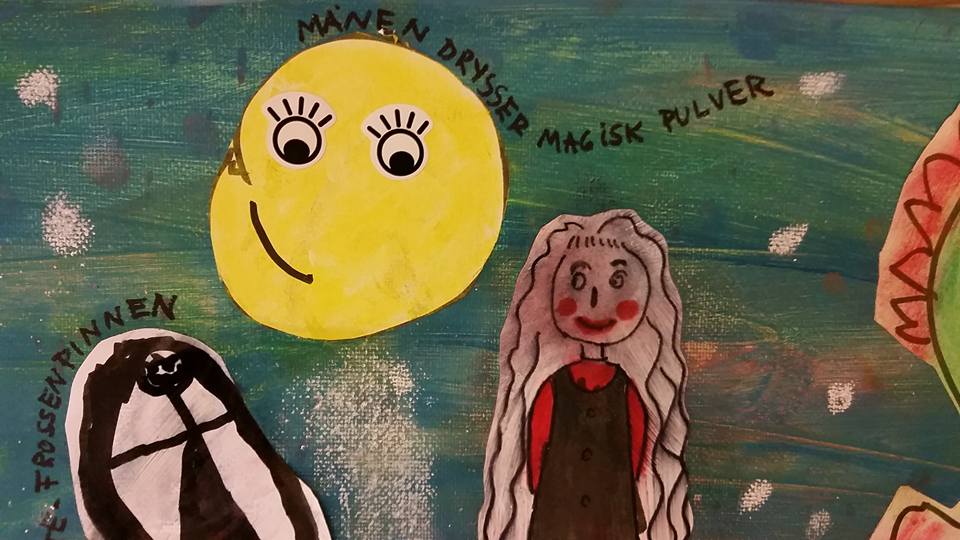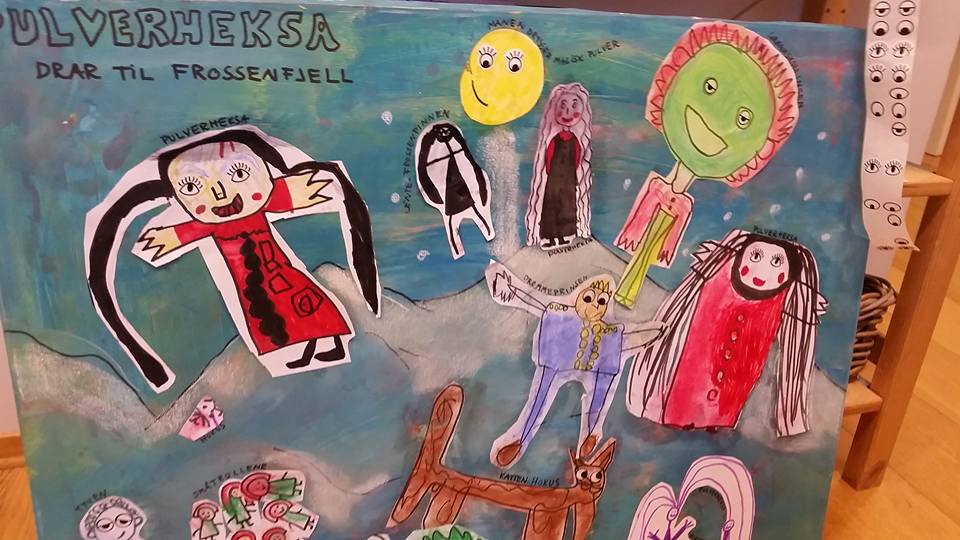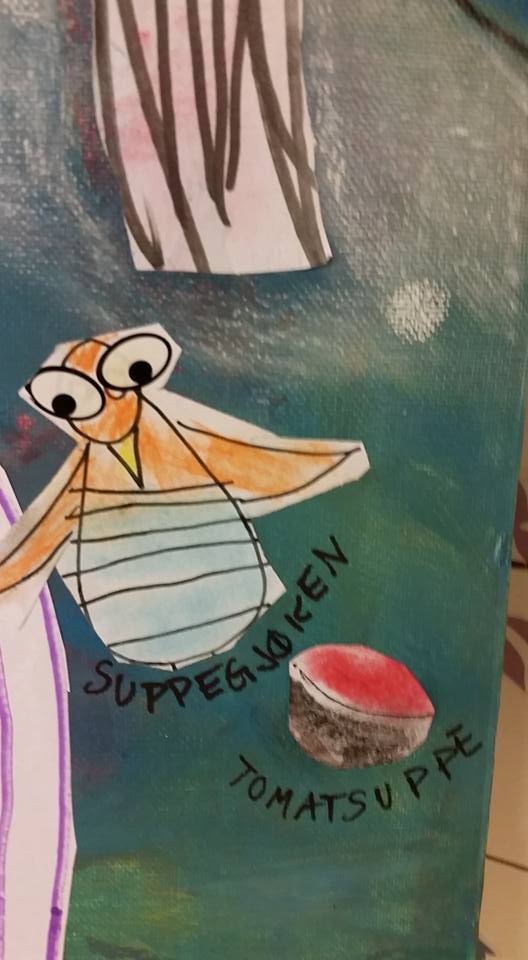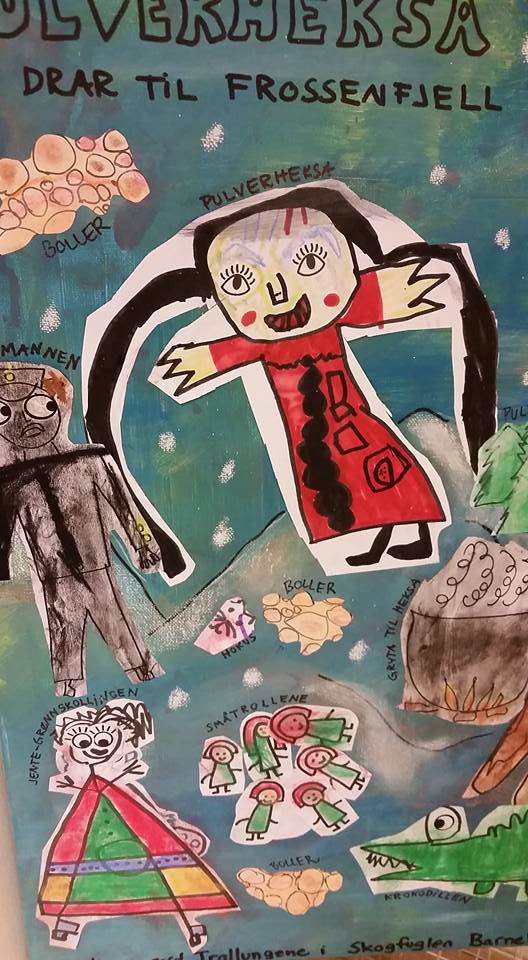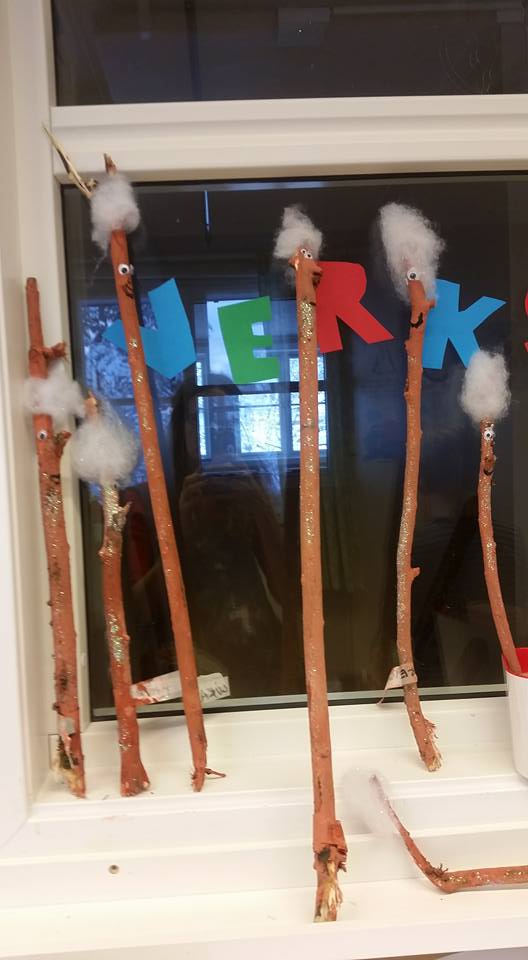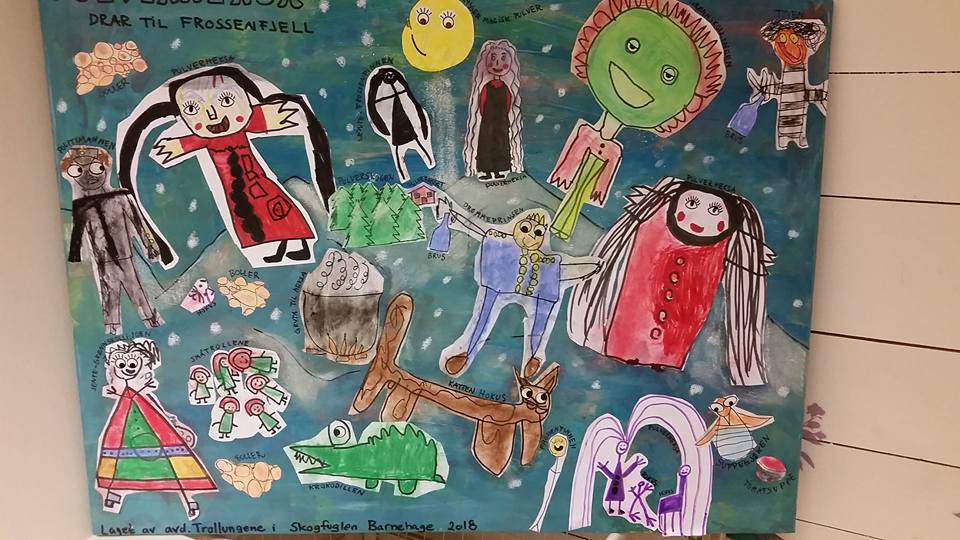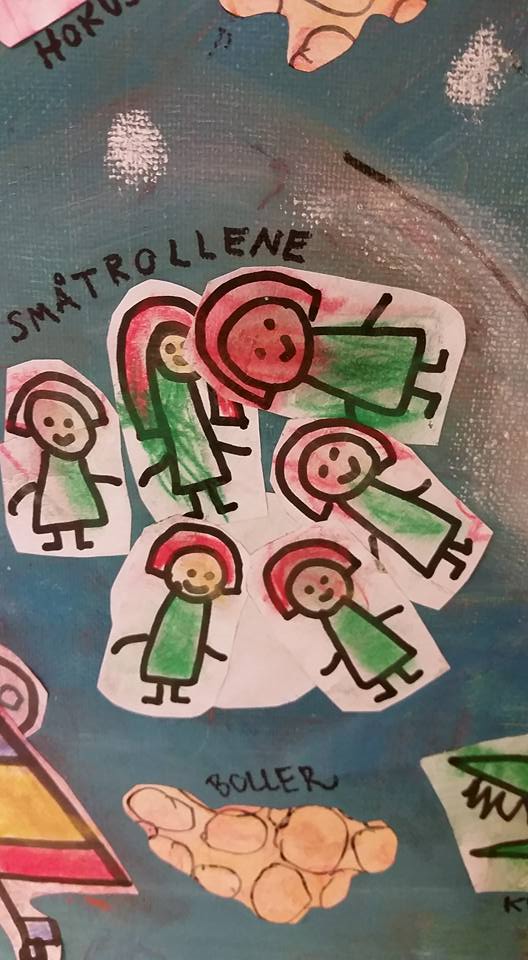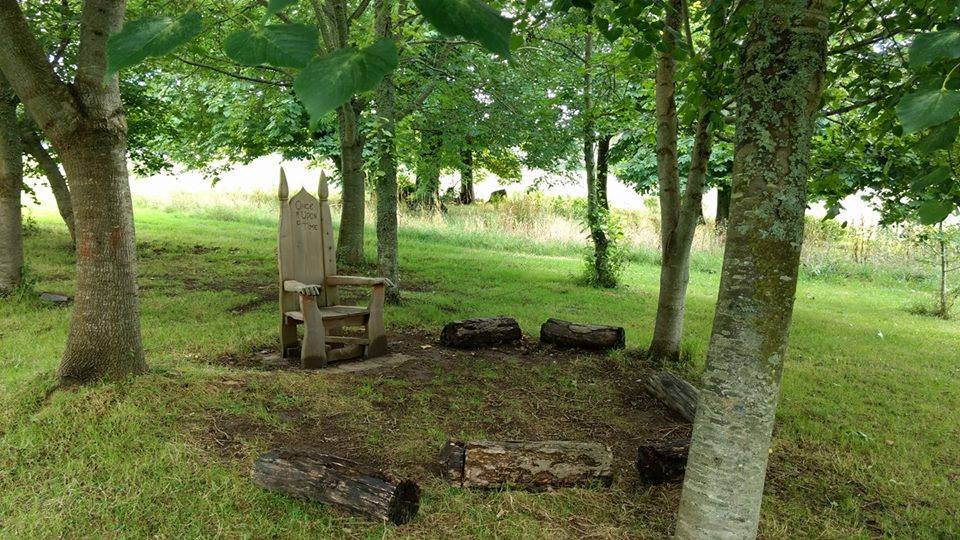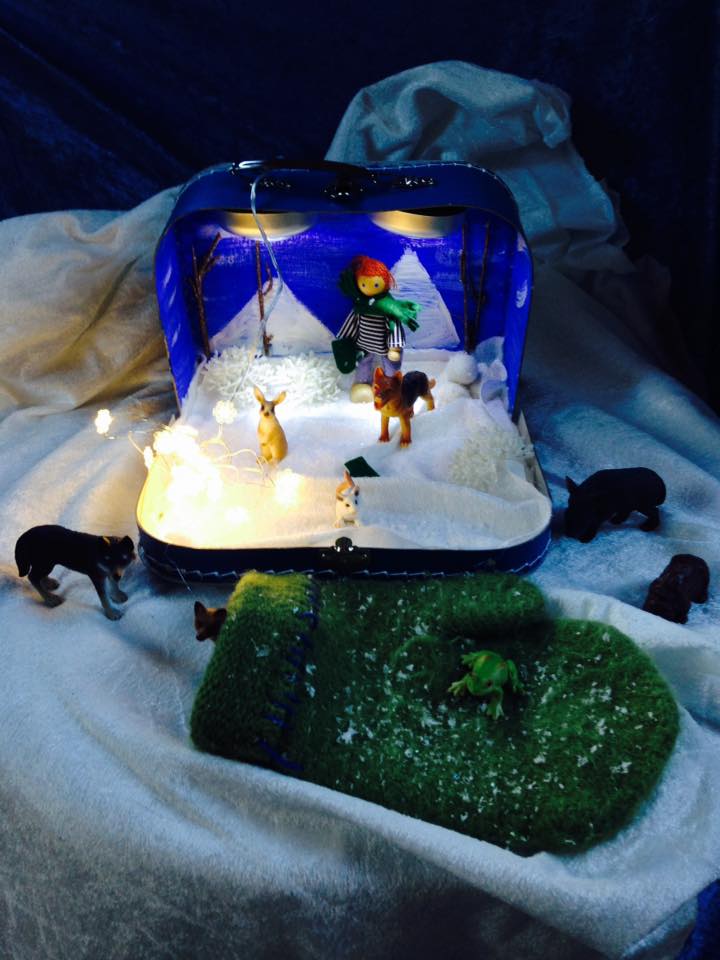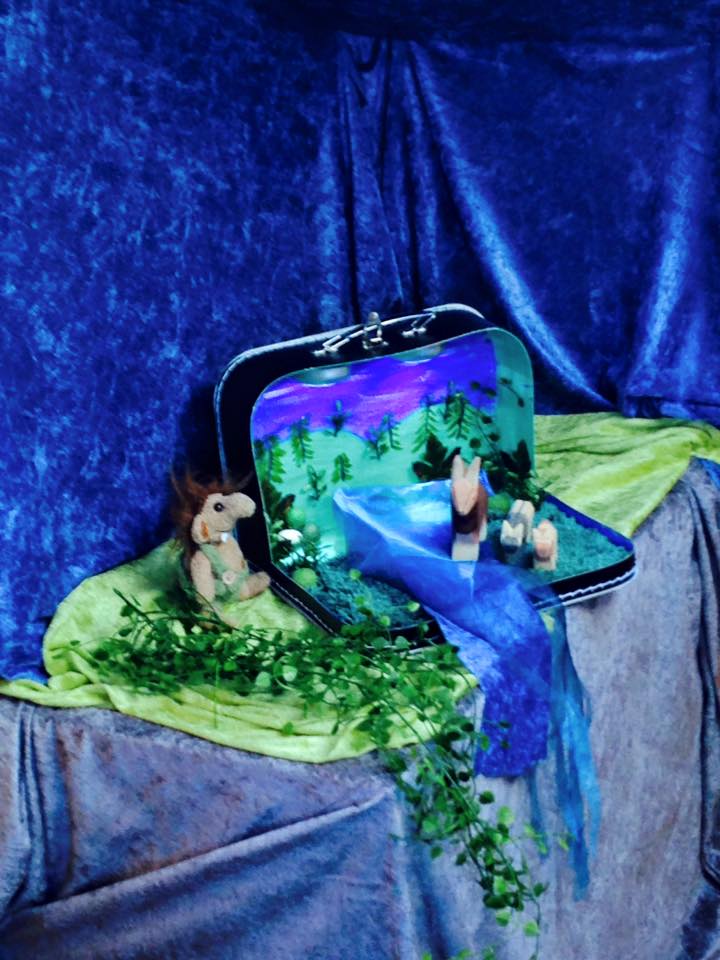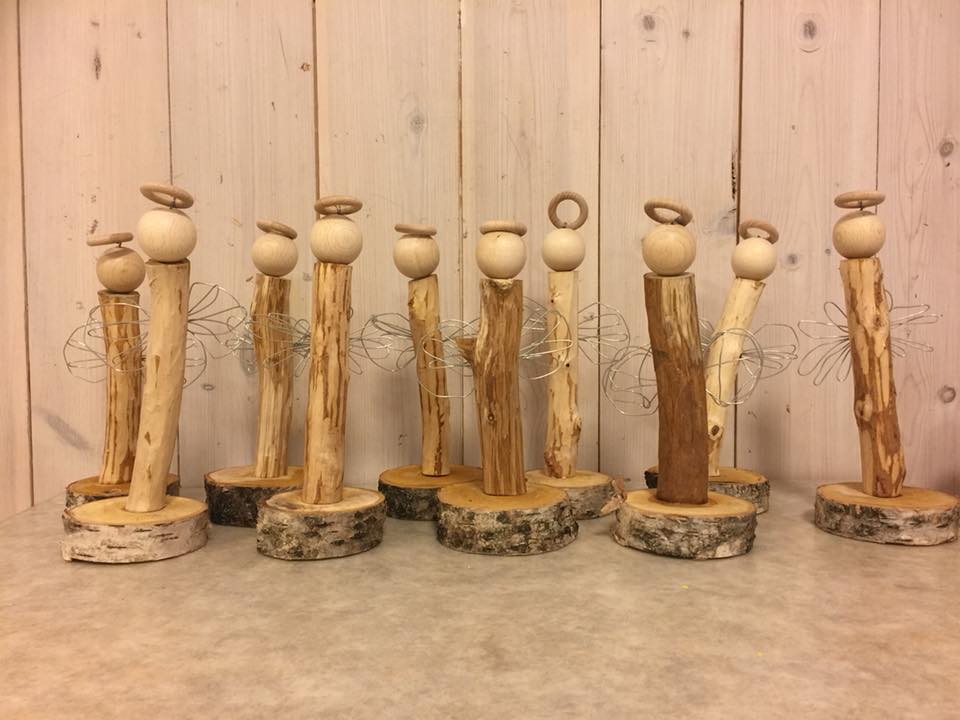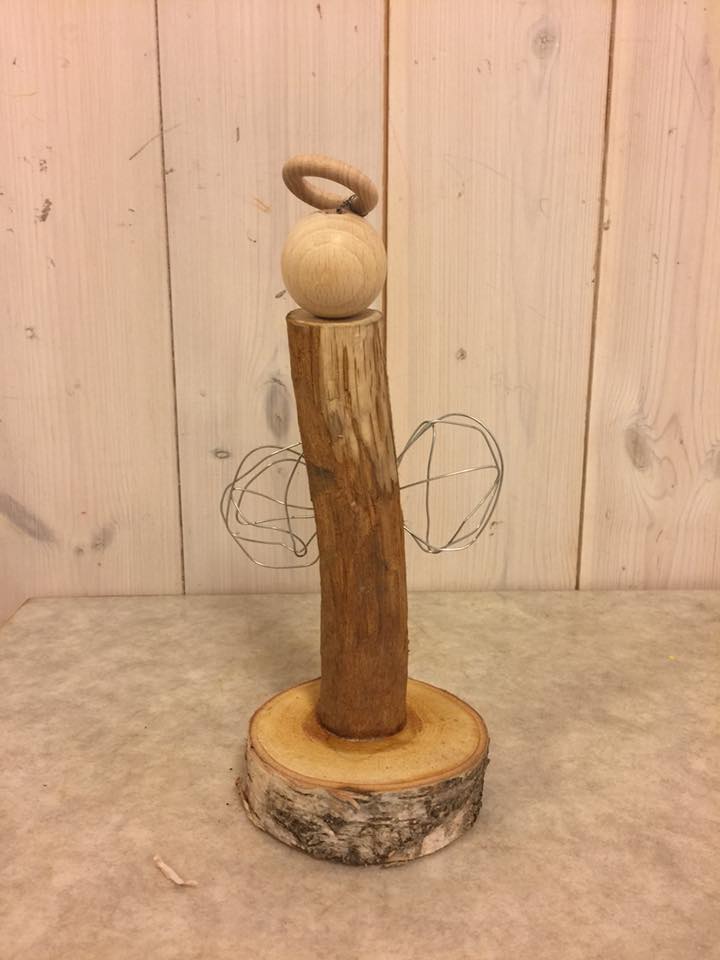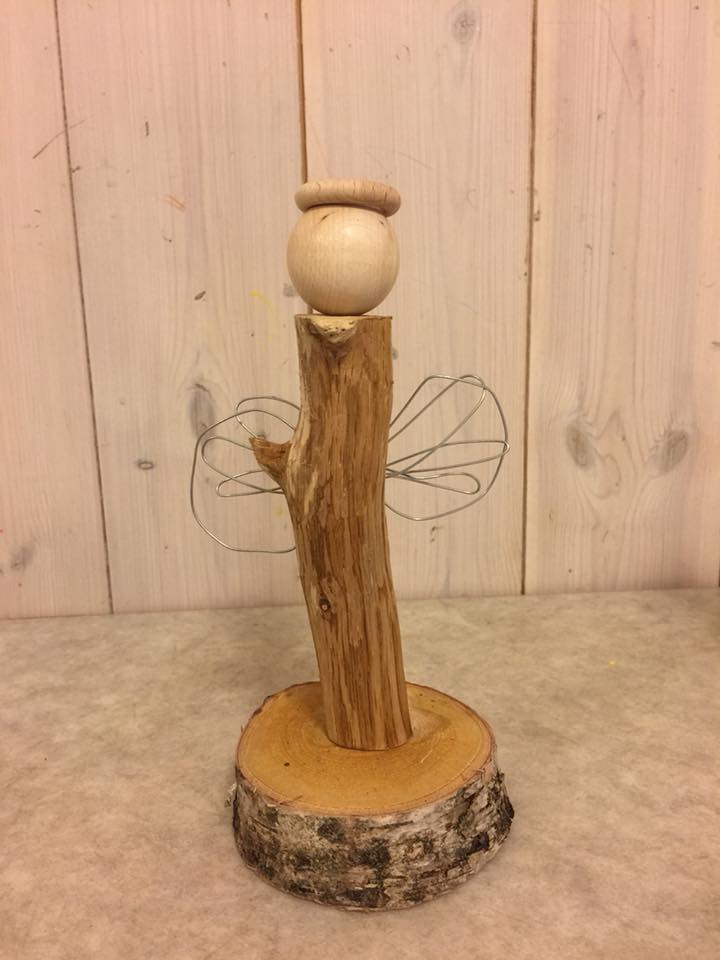- You are a coward, Albert Åberg




Among the children at Årvollskogen nursery school in Oslo, this rather ordinary boy with the big head and not so much hair has eventually become a dear companion.
Text: Magnhild Freuchen
- This is probably the classic Albert Åberg book that I think everyone knows, and the first of the many books in the series that we read to the children's group. While Albert was completely unknown to some of the children, several already had a relationship with him. I think this charming boy fascinates because it is so easy for the children to relate to the many different situations he finds himself in. The topics that are covered are so universal, and always just as relevant, even if the surrounding society changes, says educational leader Sondre Bjaberg .
Albert doesn't want to fight. This causes the children to call him a coward. But isn't it the case that, on the contrary, he shows enormous strength by daring to stand up to peer pressure and other people's expectations of how he should be?
- Yes, he is anything but a coward! Albert dares not to be like everyone else, and he is not afraid to show it. Even the father says that he must be the one to fight, because that's what tough boys are supposed to do, but Albert understands that dad is just pretending, joking and fooling around.
Just being able to stand up to peer pressure, Bjaberg believes, is only becoming more and more important for the generations growing up now, and where the pressure from all possible sides is often so incredibly strong.
- It is so important that we teach the children to become confident enough in themselves to make their own choices and not uncritically follow the flow. Of course it can be both tough and uncomfortable, and it clearly requires strong courage. Everything is so transparent today, and it makes it so easy to feel the uncomfortable feeling of being left alone when you don't follow the rest of the group.
Stand up for the choice you make
In the kindergarten, they talk a lot with the children about daring to stand up for what you do: This applies in all situations, and also in those cases where you may have done something that you know in reality is not the right thing to do, or you later see was a mistake and regret it. You may have kept someone out, pushed or fought. In any case, you have made a choice there and then, the kindergarten teacher points out.
- Not infrequently, we adults find that the children can answer with the simple words "I don't know" when we ask what actually happened in a given situation. That is the most cowardly answer you can give, I think, and I am clear about it. Therefore, it is all the more important that we consciously work with the children's self-esteem, that they dare to stand up for themselves, and can guarantee that the choices they have made are the right ones for them. Simply that you are tough enough to fully trust yourself, says Bjaberg.
It is not uncommon for him to find that new children in the group have to struggle a bit at the start. Struggling a bit to find his place. Often the children are able to put this into words themselves afterwards in a conversation with a safe adult.
- They can clearly express that they acted as they did in a given situation because they felt a bad sense of insecurity, wanted to tough it out for the other children and didn't know anyone else in the children's group. That they therefore did things that they really knew were wrong, and that deep down they didn't want to do.
- Social acceptance is so important, also for the children. I would like to highlight a description in Albert Åberg's book: Albert is in the toilet, and outside are two of the new and apparently tough boys in the kindergarten. They don't know he's there and can hear everything they say about Albert being so tough that he dare not to be a boy who fights, like the others. Just think how much it means to hear something like that, and really get recognition for who you are, says Bjaberg.
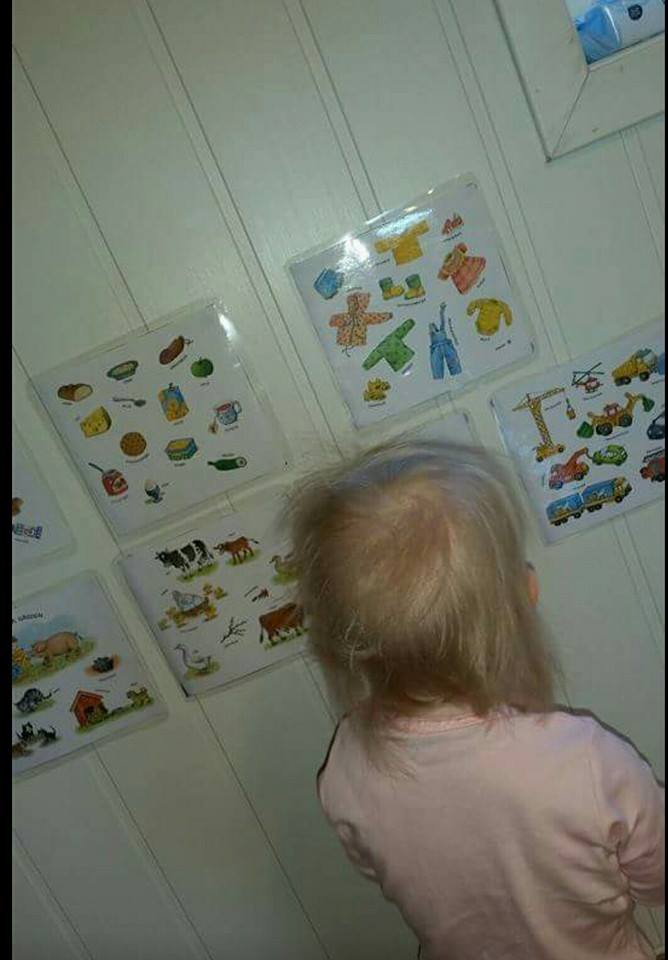
.jpg)
.jpg)
.jpg)
.jpg)
